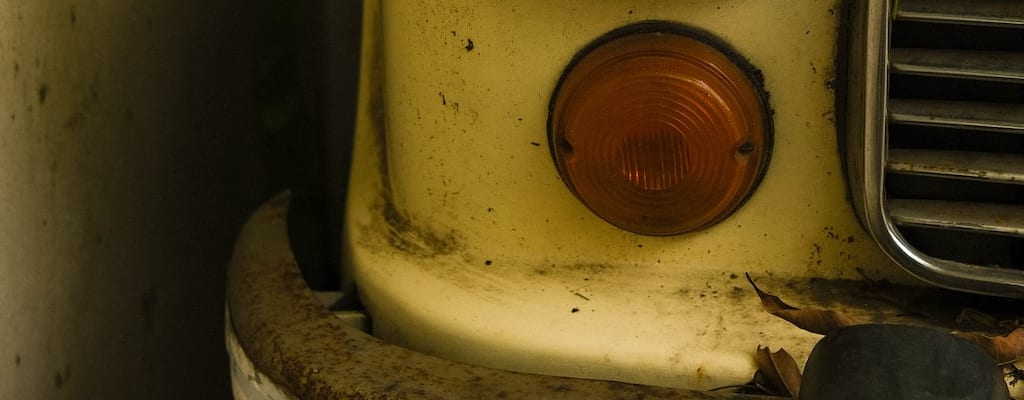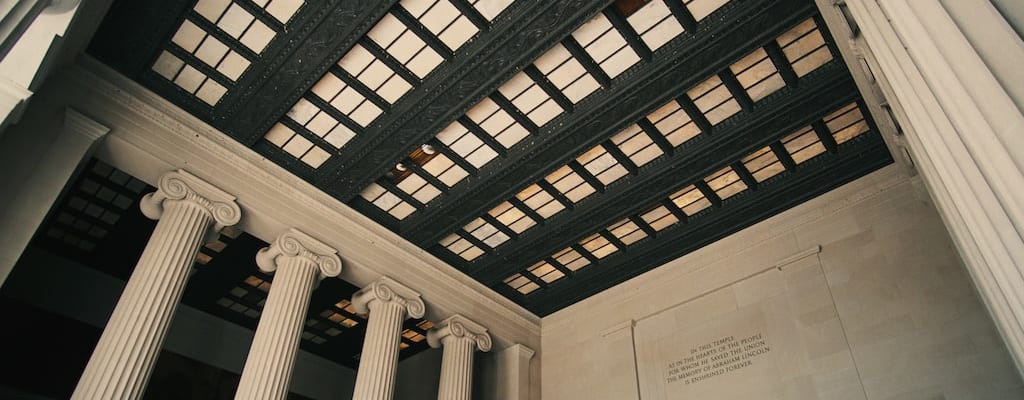good old days: Idiom Meaning and Origin
What does ‘good old days’ mean?
The idiom "good old days" refers to a nostalgic longing for a past period of time that is remembered as better or more enjoyable than the present.

Idiom Explorer
The idiom "old school" refers to something that is traditional and often associated with a previous era or outdated methods. It can convey a sense of nostalgia, respect, or a preference for more traditional approaches.
The idiom "in this day and age" refers to the present time or era, emphasizing its contrast with the past. It expresses the idea that things have changed significantly and highlights the modern advancements and developments that currently exist.
The idiom "in recent memory" refers to a specific period of time that is easily remembered or recalled. It implies that something is significant or noteworthy within that timeframe.
The idiom "have seen one's day" means that something or someone used to be great or important in the past, but is no longer relevant or valuable in the present.
The idiom "have a good time" means to enjoy oneself or to have an enjoyable experience.
The idiom "have a good time" is a commonly used phrase in the English language. When someone says "have a good time," they are expressing a desire for the person or people they are speaking to, to enjoy themselves and experience a positive and enjoyable experience.
The idiom "halcyon days" refers to a peaceful and happy period in the past, often associated with a sense of tranquility, prosperity, and nostalgic memories.
The idiom "golden age" refers to a period in history that is considered to be the peak or prime of a particular civilization, industry, or art form.
"Golden age" is an idiom that means a period of time in the past when everything was considered perfect, prosperous, or of the highest quality. It originated from ancient Greek mythology, specifically from the concept of the "Golden Age" as described by Hesiod in his work, "Works and Days."
The idiom "go back in time" means to return to a previous period or moment in history, often used figuratively to express the desire or possibility of revisiting past events or changing past actions.
The idiom "for the ages" means something that is timeless and will be remembered or celebrated for a very long time.
The idiom "for old times' sake" means doing something or asking someone to do something as a way of remembering or reliving past memories and experiences.
Nostalgic Secrets Unearthed
The idiom "good old days" is commonly used to refer to a past time period that is remembered as being better or more enjoyable than the present. It carries a sense of nostalgia and longing for a simpler or happier time. While the specific origins of this phrase are difficult to pin down, its usage and evolution over time offer insights into its meaning and cultural significance.
The phrase "good old days" has been in use for centuries, with its earliest recorded instances dating back to the 17th century. It has appeared in various forms and variations in written literature, plays, and songs, indicating its enduring appeal and relevance. The idiom is widely recognized and understood in English-speaking countries, particularly in the United States.
The idiom is often used in a positive, sentimental, or even wistful manner. It reflects the human tendency to idealize the past and romanticize memories, emphasizing the positive aspects and often overlooking or downplaying the challenges and hardships that were also present. In this sense, the idiom serves as a linguistic tool to create a contrast between the past and the present.
The perception of what constitutes the "good old days" is subjective and varies from person to person. It can be influenced by factors such as age, personal experiences, cultural background, and societal changes. The idiom is commonly employed in conversations, stories, and media to evoke a sense of shared nostalgia and to establish a connection or familiarity among individuals who have experienced a similar time period.
Furthermore, the idiom "good old days" can serve as a rhetorical device to critique or comment on the current state of affairs. It is often employed in a satirical or ironic manner to highlight the gap between the present and a glorified past. This usage underscores the cyclical nature of human perception and the notion that one generation's "good old days" may not be universally regarded as such by subsequent generations.
These related idioms shed further light on the concept of the "good old days". The idiom "bad old days" is used as a contrast to the positive connotations of the "good old days". It emphasizes that the past was not always idyllic and may have had its own challenges and difficulties. While the phrase "good old days" elicits feelings of nostalgia and longing, the addition of "bad old days" recognizes that not all aspects of the past were desirable, and that progress and change can lead to improvement.
The term "days of yore" is often used synonymously with the "good old days" to evoke a sense of a bygone era or a distant past. It conjures images of a historical period or a time of tradition and cultural significance. The phrase "days of yore" adds a certain charm and timelessness to the concept of the "good old days", emphasizing its status as a vestige of the past.
"back in the day" is an idiomatic expression commonly used to refer to a specific period in the past, often with a fond remembrance or nostalgia. It can be seen as similar to the "good old days", as it denotes a time that is perceived as more favorable or enjoyable than the present. "Back in the day" is a colloquial phrase that adds a sense of informality and familiarity to discussions about the past.
"halcyon days" is another related idiom that is often used in conjunction with the "good old days". It refers to a period of peace, tranquility, and happiness. The term "halcyon" comes from Greek mythology, where it was associated with a mythical bird that was said to have the power to calm the waves and bring a sense of calmness to the sea. The idiom "halcyon days" adds an additional layer of serenity and bliss to the idea of the "good old days", further emphasizing the positive aspects of the past.
While the idiom "good old days" primarily carries a positive connotation, it can also be used in a bittersweet or melancholic context. It can evoke a sense of longing for moments or experiences that have passed, emphasizing the fleeting nature of time and the inevitability of change. This dualistic nature adds depth and complexity to the idiom, prompting contemplation about the human condition and the complexities of memory and perception.
The idiom "good old days" encompasses a range of emotions, from nostalgia and longing to critique and reflection. It captures the universal human desire to remember and celebrate the past, while also acknowledging the inherent subjectivity of memory. Whether seen as a fond reflection or a critical lens, the idiom offers a unique linguistic tool for expressing our relationship with time and the human experience.
Example usage
Examples:
- The elderly couple often reminisces about the *good old days* when they were young and carefree.
- My grandfather loves telling stories about the *good old days* when technology was simpler and people had more time for one another.
- Some people believe that the past was always better, but it is essential to recognize that the concept of the *good old days* is often romanticized and may not accurately reflect the reality of the time.
Analysis:
The idiom "*good old days*" is used to refer to a nostalgic view of the past, typically a time when things were perceived to be better or simpler. It is often used when reminiscing or discussing an earlier period of time that is considered to be more pleasant or desirable than the present. The phrase is subjective and can vary greatly depending on the individual and their personal experiences. It is important to recognize that the *good old days* may not necessarily be a reflection of objective reality, as people tend to idealize and romanticize the past.
More "Nostalgia" idioms

